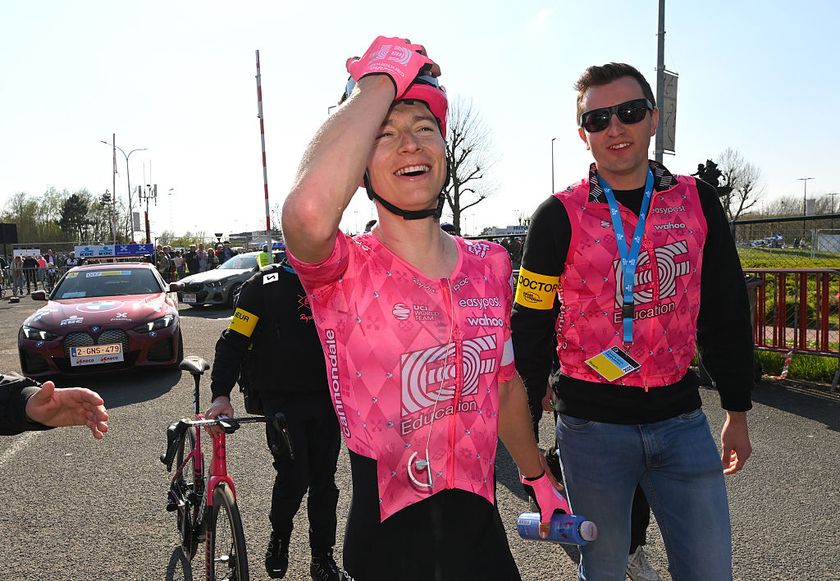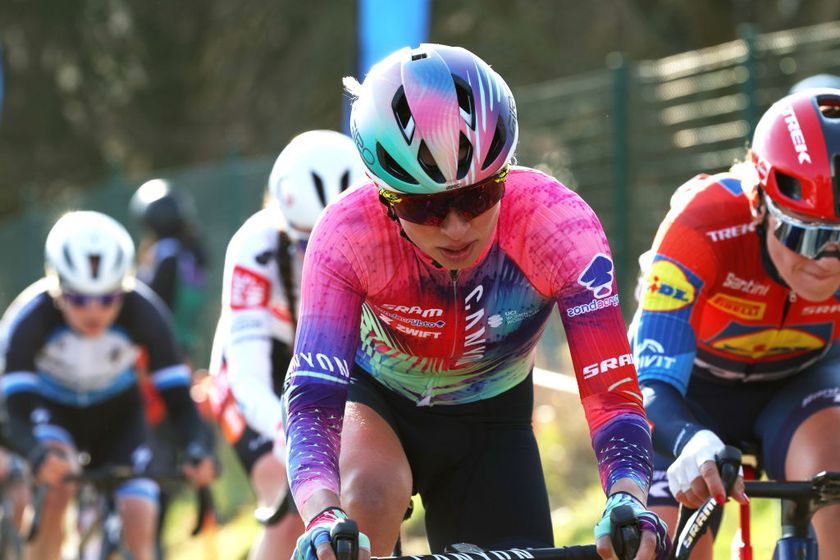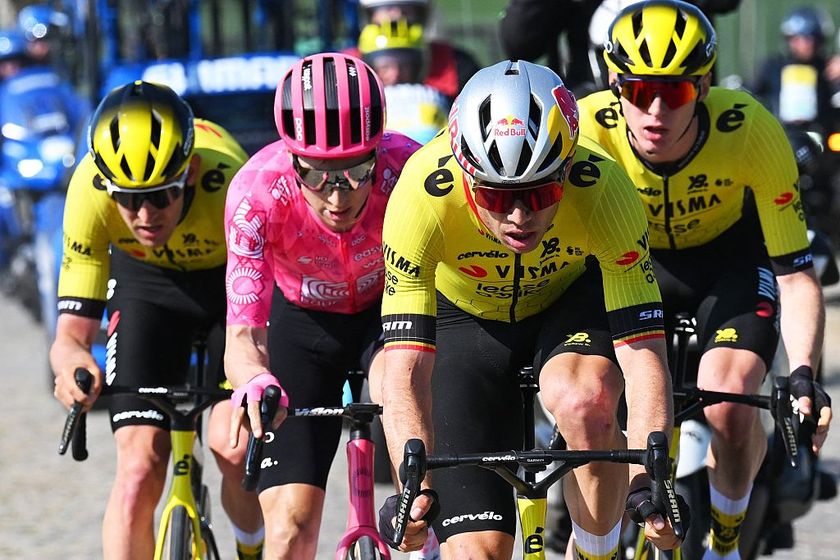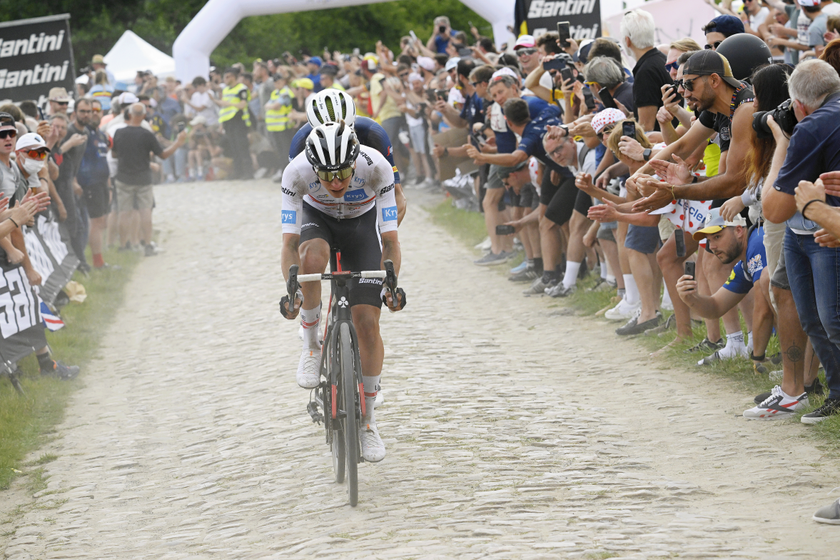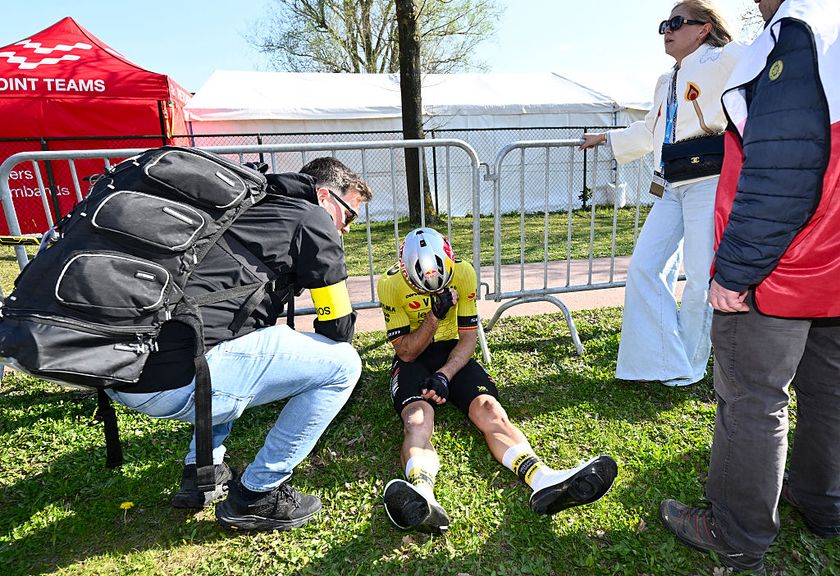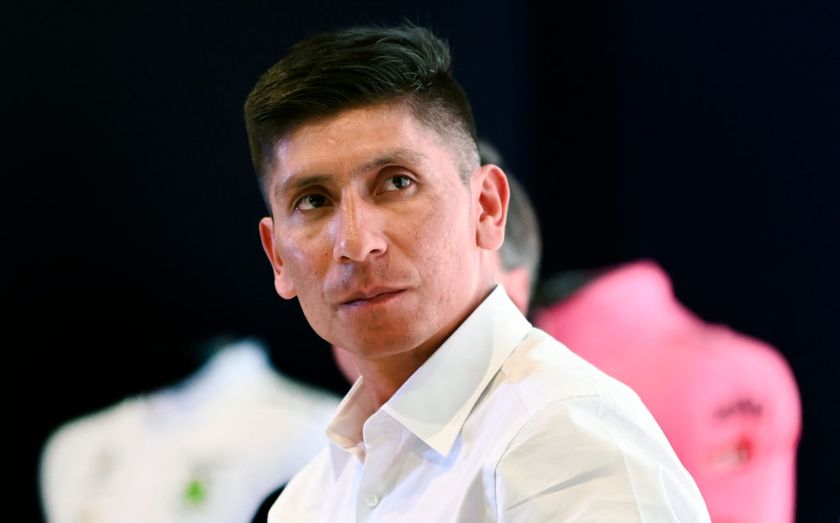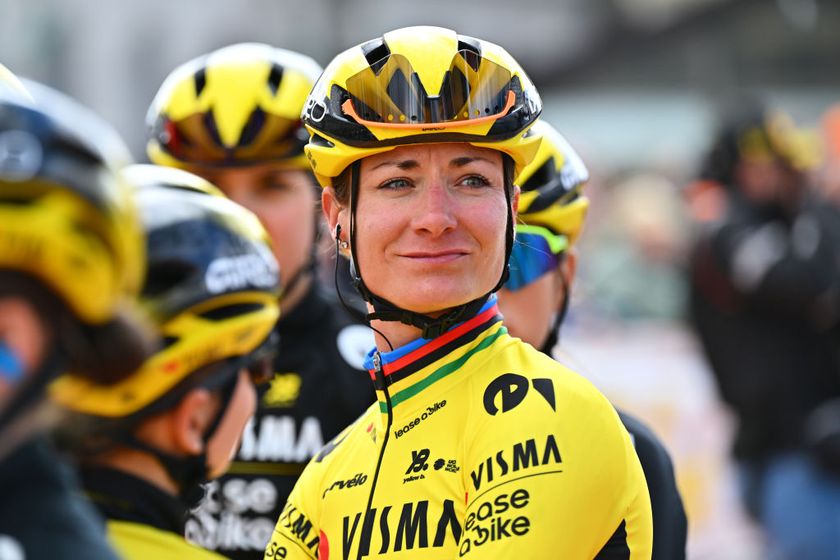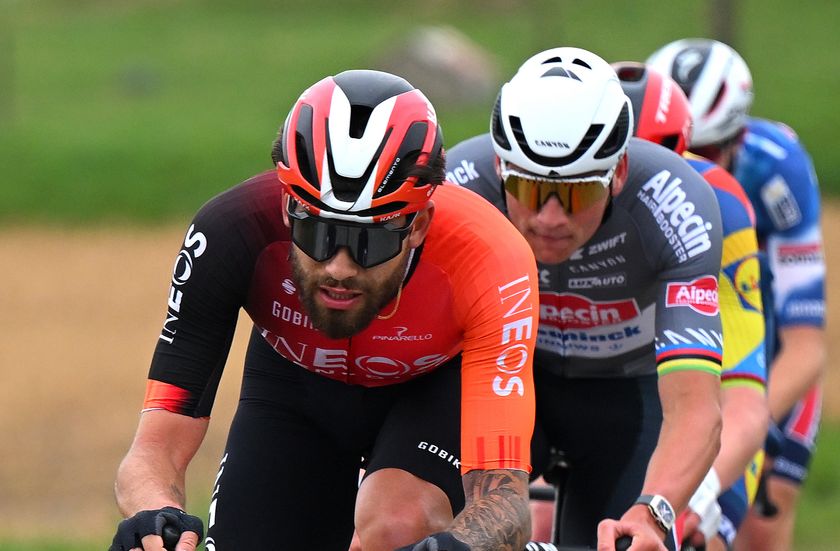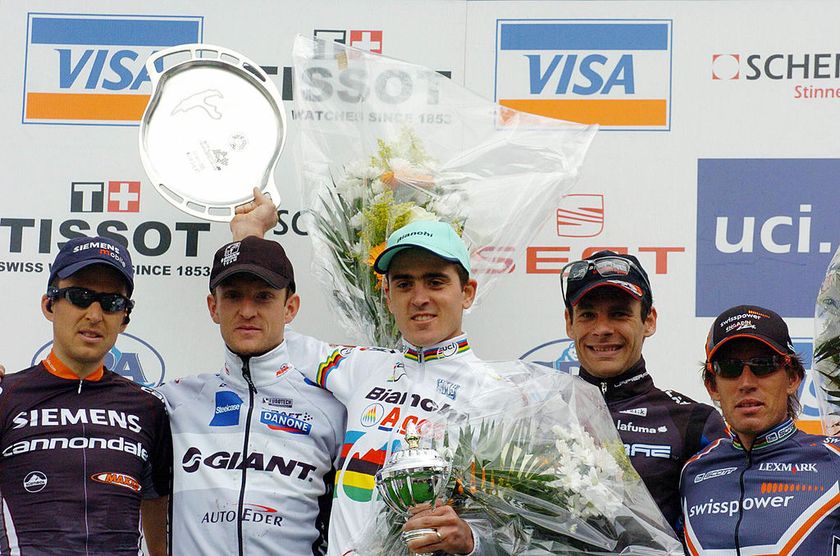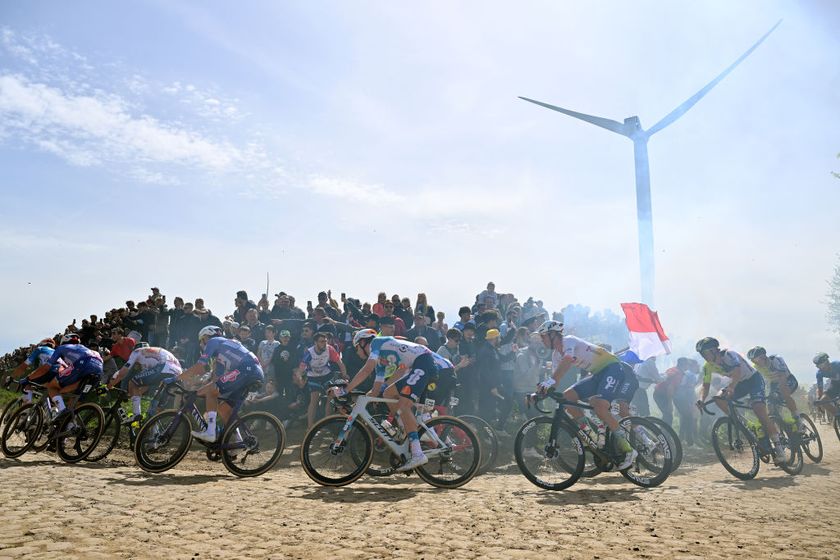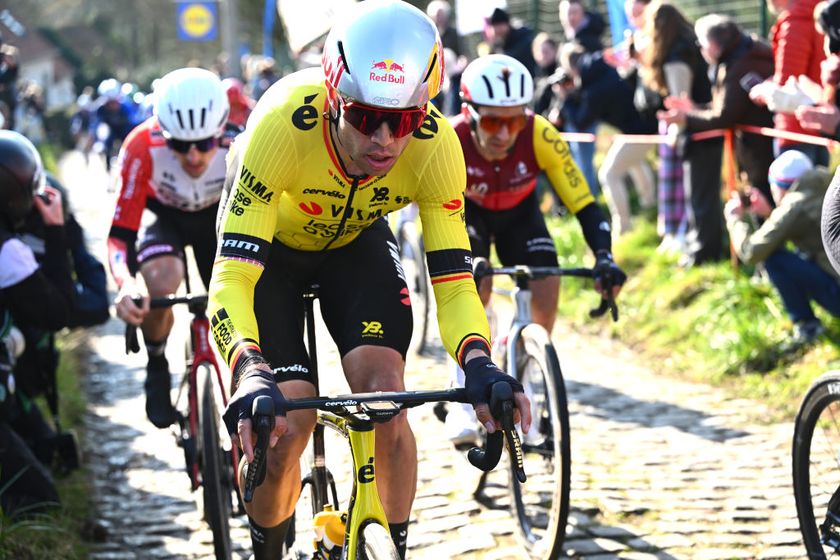WADA nearly done with DNA analysis of Operacion Puerto samples, but names will not be made public
According to report, links to athletes to remain under wraps
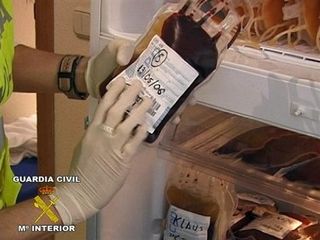
The World Anti-Doping Agency's Intelligence and Investigations unit (I&I), has nearly completed work to match DNA samples from the blood and plasma evidence collected during Operacion Puerto to suspected athletes, but the names will not be made public when the work concludes.
Fuentes recognizes 'some top sports names' could be owners of Puerto blood bags
WADA struggling over legality of naming Operacion Puerto athletes
Valverde: I shouldn't be asked about Operacion Puerto
MPCC slams WADA over Chris Froome case, tramadol, Operacion Puerto
WADA have seven Operacion Puerto names, but the world might never know them
History will be the judge of Operacion Puerto links, says Cipollini
According to a report in InsidetheGames.com, WADA has collected DNA from 35 of the 200 or so frozen bags of blood and plasma seized from the Madrid clinic of Eufemiano Fuentes in June 2006.
The I&I department mined available documents, reports from the police, the Madrid Laboratory, interviews with experts and research on media reports to identify suspected athletes, then obtained samples from them to compare with evidence from the laboratory.
However, the statute of limitations for pursuing anti-doping rule violations against the athletes expired in 2014, and will prevent any athletes matching to samples from being named or punished.
A WADA spokesperson told InsidetheGames.com that WADA will continue to pursue all possible legal options.
"We will not be able to publish the names of those athletes because the eight-year statute of limitation passed on this case in 2014," a WADA spokesperson told Insidethegames.
"This is due to the very significant time taken by the Spanish justice system to provide WADA and other anti-doping organisations involved with samples taken from the blood bags.
Get The Leadout Newsletter
The latest race content, interviews, features, reviews and expert buying guides, direct to your inbox!
"While a number of athletes have been sanctioned some time ago in relation to Operation Puerto, it is fair to say that from WADA's perspective, we faced many obstacles and difficulties in this case, and invested significant resources over the past 12 years to get to the bottom of this case for a very limited and disappointing outcome," the spokesman said.
"The Spanish legal system did not make our life easy and we never received any official support or assistance from any Spanish authority in this process. Several issues were identified in the way this file was managed by the Spanish courts and we have tried all that we could without success.
"This is extremely regrettable for clean sport and clean athletes."
Current world champion Alejandro Valverde (Movistar) is one of the few cyclists still in the sport who has been sanctioned as a result of Operacion Puerto. Valverde's DNA was matched to blood bags labeled "Valv.piti" or number 18. He was suspended for two years in 2010, but was allowed to keep his results from the previous seasons, including his 2009 Vuelta a Espana victory that was obtained during consideration of his case. Valverde only sat out the 2011 season because of the back-dated ban, and returned at the start of the 2012 season.
Despite the proven links to the case, Valverde claims he has never tested positive, telling Cyclingnews after winning the rainbow jersey, "It was decided that I must be sanctioned, and so it was. I served my sentence and since then the only thing that has concerned me is enjoying cycling."
Other cyclists linked to the scandal include Jesus Manzano, Santiago Botero, Jose Enrique Gutierrez, Jan Ullrich, Ivan Basso, Michele Scarponi, Jorg Jaksche, Thomas Dekker, Tyler Hamilton, Mario Cipollini and more. There were rumours that athletes from other sports including football and tennis were involved, but no athletes from those sports were ever named.
